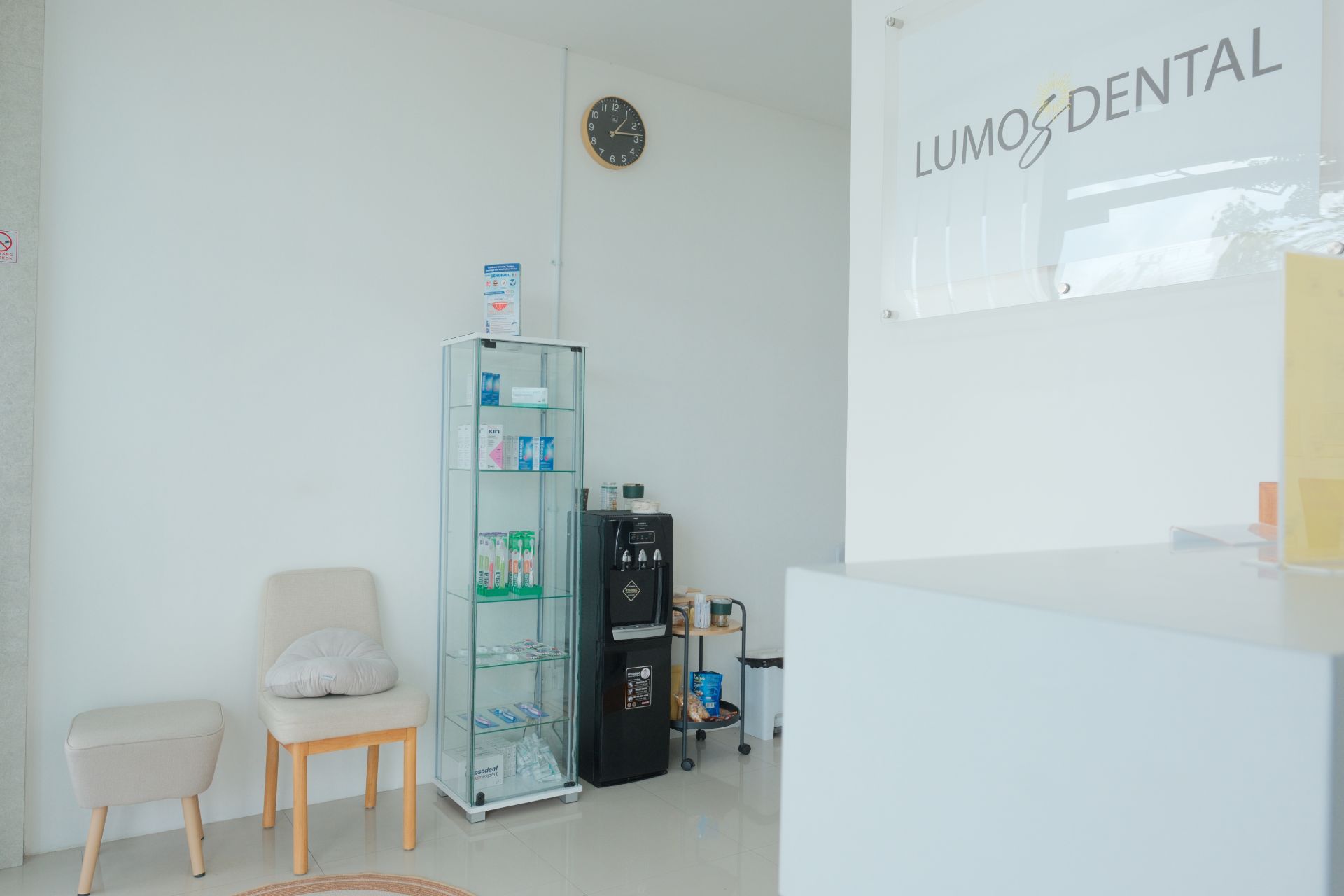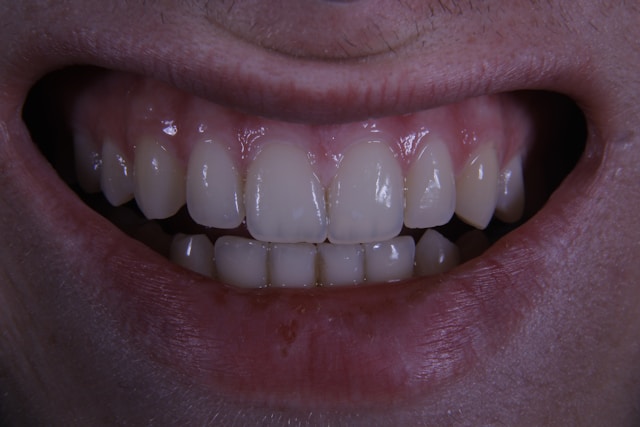In Bali, where life moves at a gentle pace and multigenerational families often live side by side, aging with dignity matters. And while dental health might not be the first thing people think about when caring for elders, it’s quietly one of the most powerful tools for maintaining independence, energy, and joy.
Chewing Is More Than Eating
We don’t often think of chewing as a complex task—but it is. Proper chewing stimulates digestion, supports nutrition, and even helps keep the mind alert. When missing teeth or ill-fitting dentures make chewing difficult, older adults often avoid fresh fruits, vegetables, or meats. Over time, this leads to poor nutrition, weight loss, and even muscle weakening.
By restoring function with well-made, properly fitted dentures, seniors can return to eating comfortably and confidently. It’s not just about appearance—it’s about nourishment and strength.
Oral Frailty: A Silent Warning Sign
Oral frailty—a decline in oral function including weak bite force, dry mouth, and difficulty swallowing—is now recognized as a predictor of general frailty. Research has shown that poor oral health can contribute to faster physical decline, cognitive impairment, and even falls. It makes sense: when eating becomes painful or exhausting, people withdraw, skip meals, or avoid social situations altogether.
With timely dental care—including cleanings, denture checkups, and even soft-tissue care—many of these risks can be slowed or prevented entirely.
Dentures That Fit, Lives That Thrive
A well-designed denture doesn’t just replace teeth—it restores quality of life. The right fit can improve speech, enhance facial structure, and prevent sore spots that can lead to infections. Even partial dentures make a meaningful difference by distributing bite forces properly and protecting remaining natural teeth.
Healthy Mouth, Healthier Body
The link between oral health and systemic health is strong. Gum infections can worsen diabetes, untreated cavities can lead to inflammation, and dry mouth from medications can increase the risk of decay or fungal infections. Seniors with better oral health often have better outcomes with chronic diseases, maintain their appetite, and are less likely to become isolated due to embarrassment about missing teeth.
That’s why oral care should be part of every aging plan. Just like healthy joints or a balanced diet, a healthy mouth helps support a healthy body.
If you or a loved one are thinking about improving oral health later in life, dentures can be a step toward more energy, more connection, and more confidence. It’s not just dental care—it’s quality of life care.



